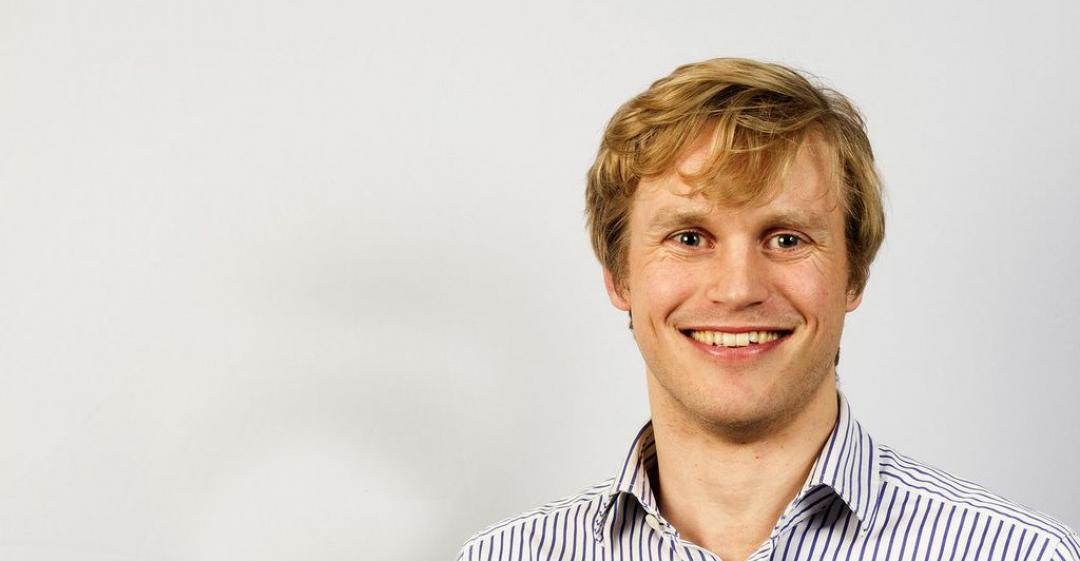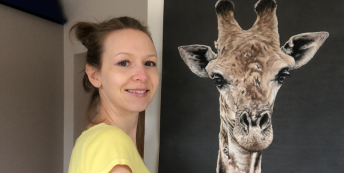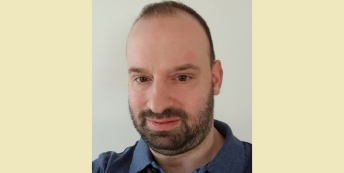“I miss the rush of the court room, but I don't miss the sense of futility, the insecurity or the poor work environment.”

What work were you doing previously?
Criminal law barrister.
What are you doing now?
Consultancy work for social enterprises.
Why did you change?
I didn’t value the outcomes of the job enough. Looking back on it, my job application had all the standard waffle about the importance of upholding the rights of the individual against the state and being a mouthpiece for those who might not be able to speak so well for themselves, but I didn’t get the reality of the job at the time. I didn’t get that I would be representing guilty people the majority of the time and that I would be part of a system that did not serve offenders, victims, or witnesses well.
When was the moment you decided to make the change?
No moment stands out actually. Looking back on it, it seemed like a natural choice to make.
Are you happy with the change?
Yes, I'm working with amazing people in a variety of roles, all of which I care about.
What do you miss and what don't you miss?
I miss the rush of advocating in the court room, finding the right words to change the jury's attitude and getting the instant, positive feedback from doing a good job for the person in front of me. I don't miss the sense of futility over the outcomes of the job, the insecurity of the job, and the poor work environment.
How did you go about making the shift?
After several months of aimless abstract thinking and hypothetical’s, I came across On Purpose, a one-year, paid leadership programme.
Wow! I got to try out paid work placements in different sectors that would make a social impact, alongside some world-class training every Friday from organisations like McKinsey, Bain, IDEO and UnLtd. It didn’t disappoint and I had the best professional year of my life, developing some passions in the process.
How did you handle your finances to make your change possible?
Along with a little savings, I still had enough money coming in because On Purpose pays £21,000 to take part in the programme.
What was the most difficult thing about changing?
I moved into roles that involved financial skills when I'd never opened Excel before! So I was stretched to learn on the job and from my mentor On Purpose provided from Mckinsey to support me.
What help did you get? 
Along with training and mentoring I've mentioned, I received regular coaching in the year as part of the On Purpose programme.
What have you learnt in the process?
Most of all, I learnt the value of my network. I learned so much from my peers in the programme who were so useful to bounce ideas off and find out what’s going on across different sectors. As a fellow of the programme, I’m still in contact with a lot of these people and, through them, so many incredible professionals and job opportunities.
What do you wish you'd done differently?
I wish I'd experimented with my career ideas and interests earlier through work experience and pro-bono work. I wasted too much time in useless abstracting when I should have been getting my hands dirty in the work.
What would you advise others to do in the same situation?
Develop more than one idea of potential work which aligns your values, talents, knowledge and experience. Then set up mini experiments to test this quickly.
On Purpose associates undertake two paid 6-month paid placements, coupled with intensive 1:1 support and world-class training provided by professionals from organisations such as McKinsey, Bain, IDEO, the Big Issue, UnLtd and Bridges Ventures, made possible by On Purpose’s diverse network.
To find out how to kick-start your career in social enterprise, find out more at www.onpurpose.uk.com.
What lessons could you take from Martin's story to use in your own career change? Let us know in the comments below.



